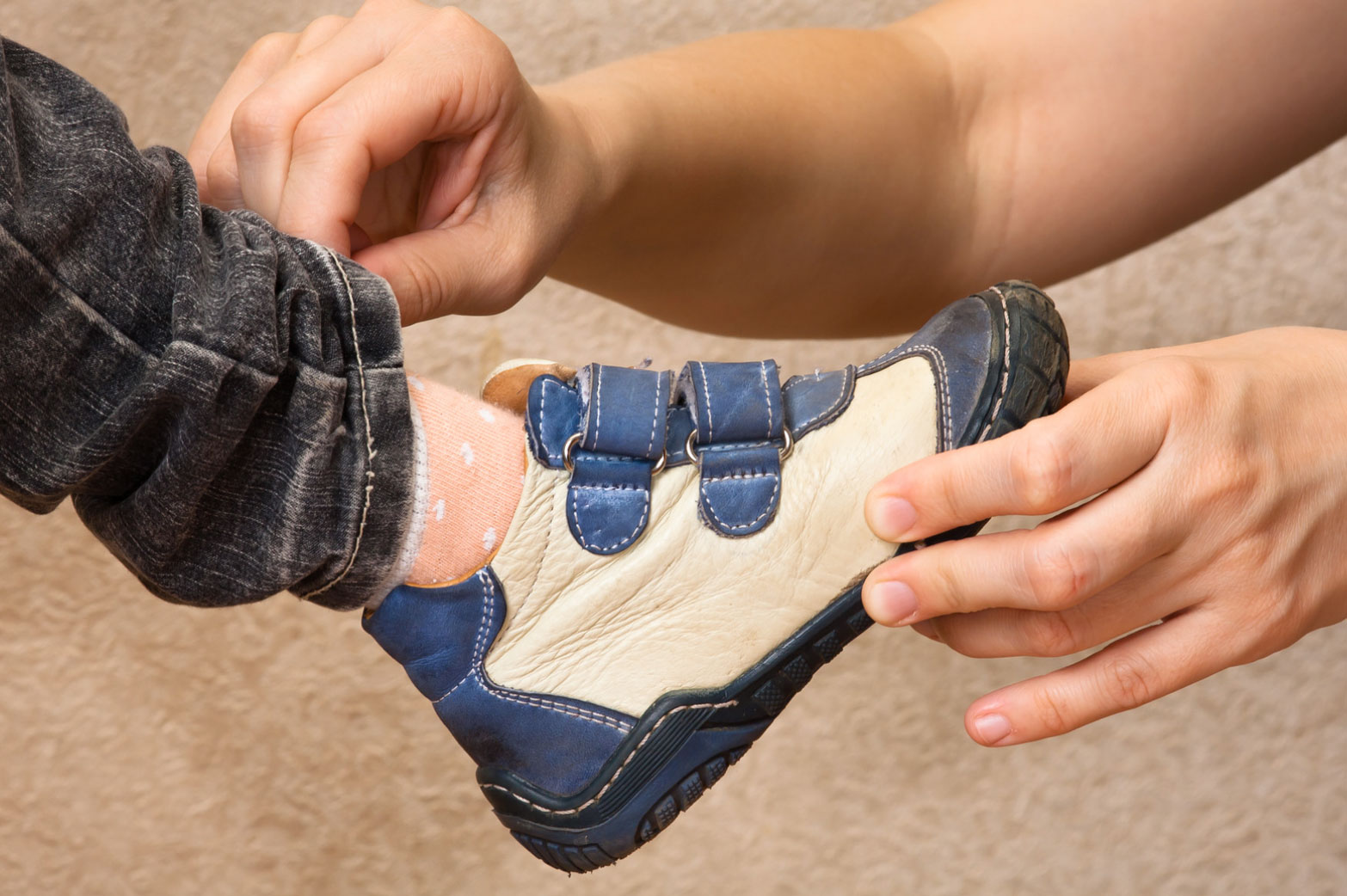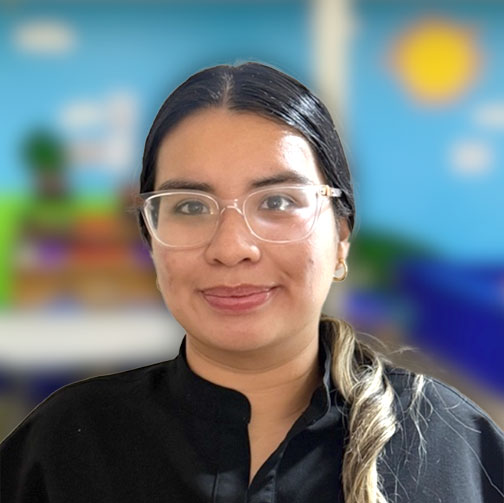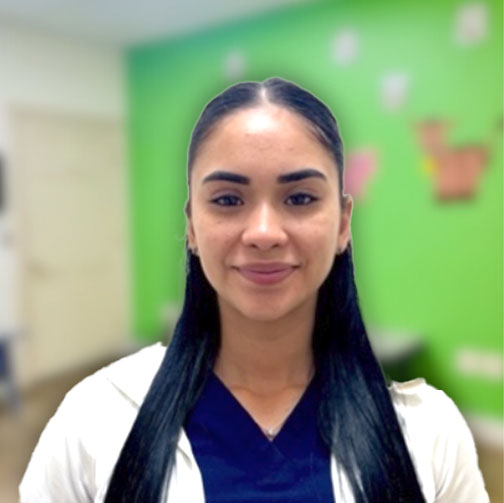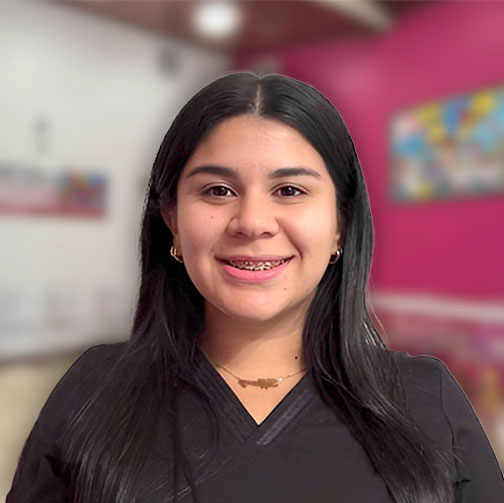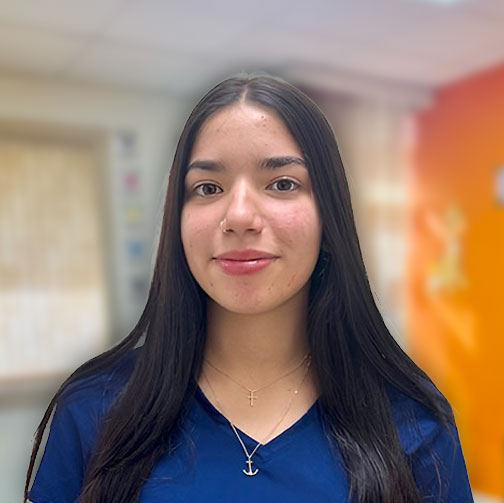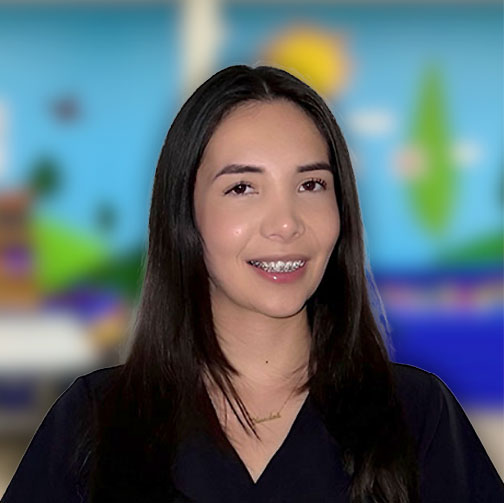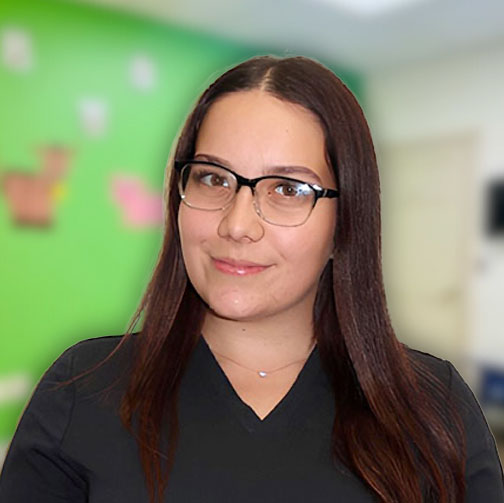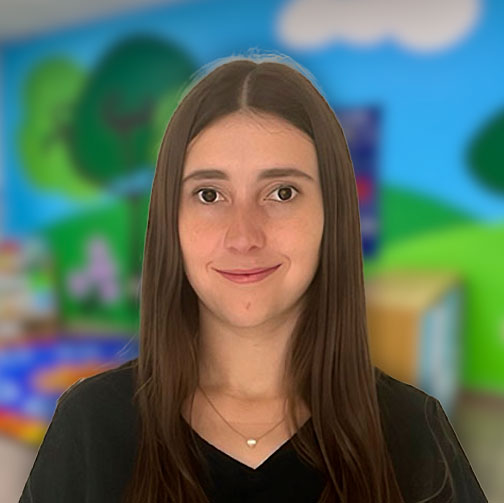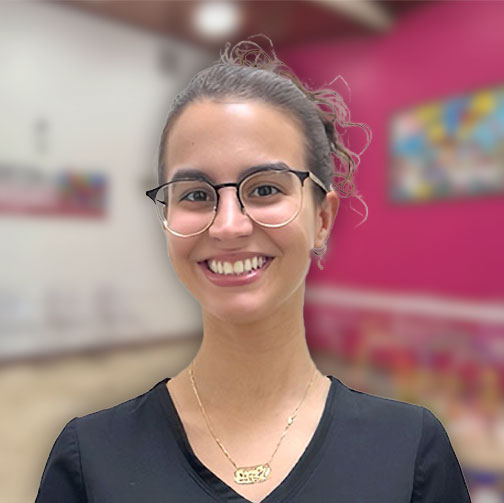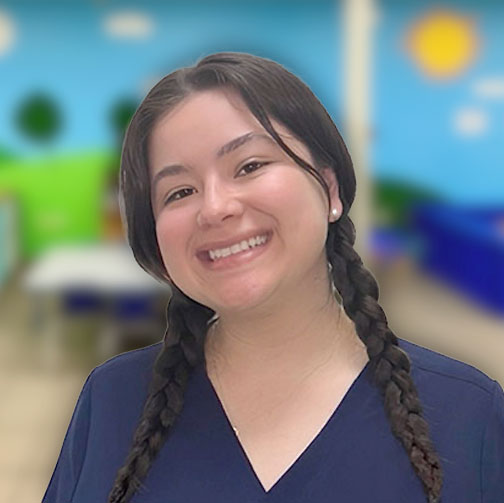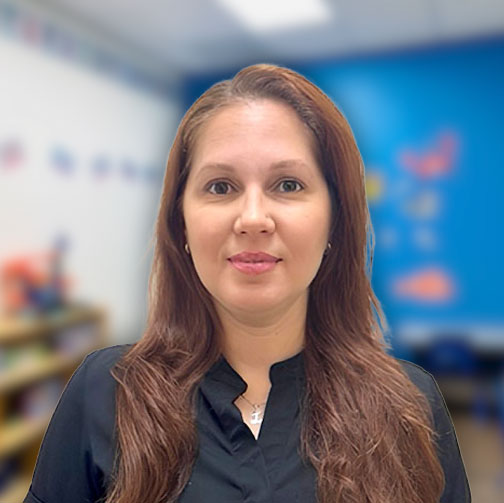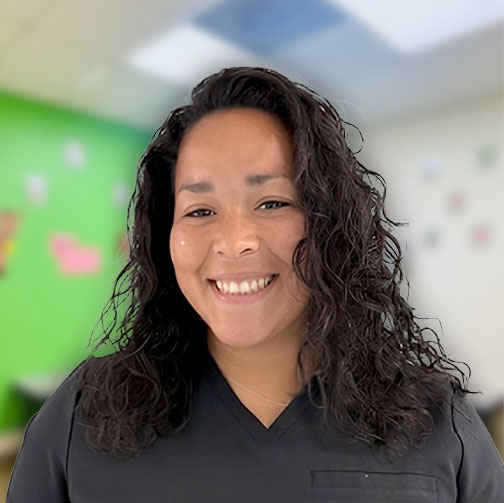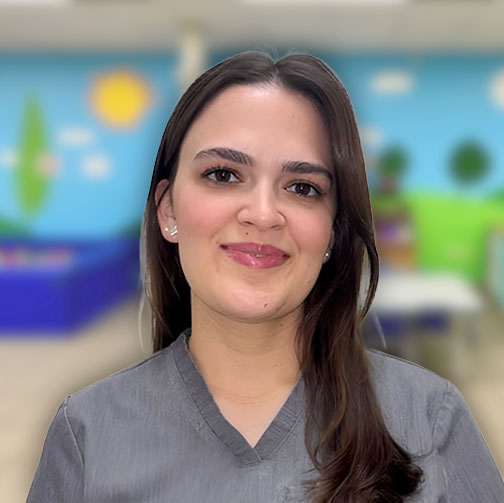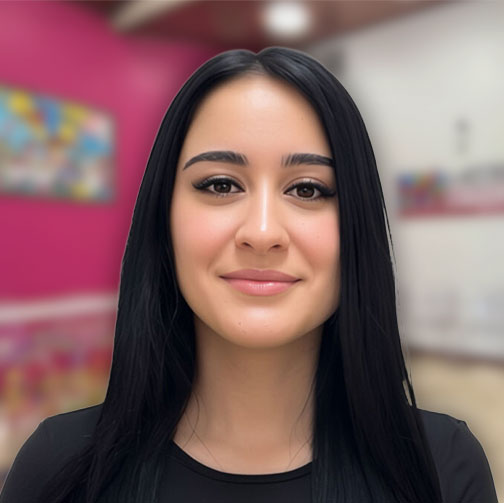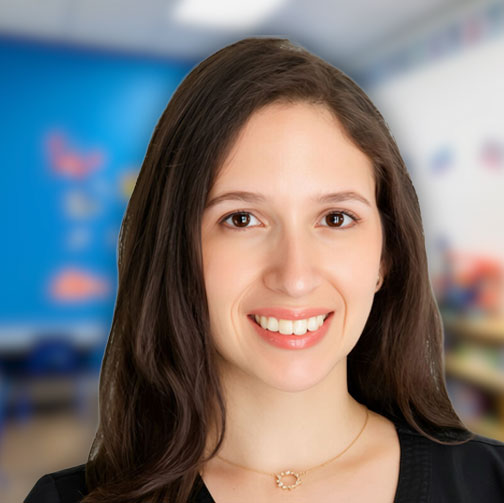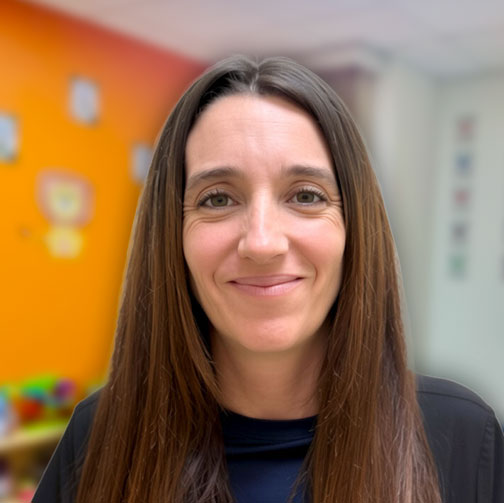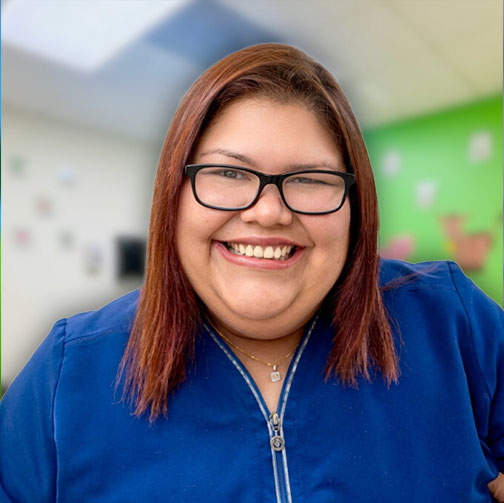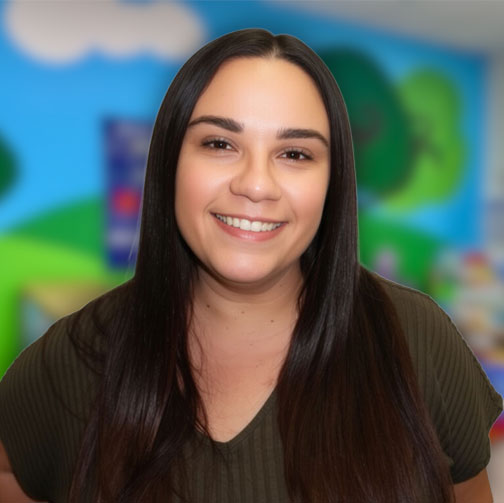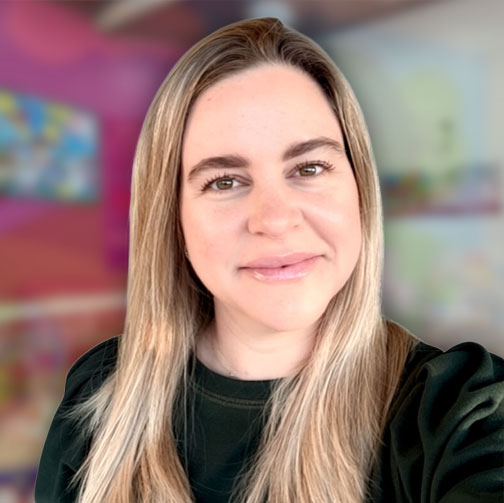
Applied Behavior Analysis (ABA) therapy empowers children with autism to master functional living skills, transforming daily routines into stepping stones toward independence and confidence. Families often face frustration when everyday tasks like dressing or meal preparation stall a child’s progress and limit social inclusion. This comprehensive guide clarifies what adaptive skills and daily living abilities entail, reveals how early, evidence-based interventions accelerate skill acquisition, and outlines practical ABA strategies for home, school and community settings. Readers will explore core skill domains, proven ABA techniques, step-by-step teaching frameworks, parent training essentials and the unique advantages offered by Mestre Behavior’s individualized programs. By the end, families will understand how to begin a personalized ABA journey that fosters lasting independence and quality of life for their child.
What Are Functional Living Skills and Why Are They Important for Children with Autism?
Functional living skills—also known as adaptive skills or daily living skills—are abilities that enable children to care for themselves, manage routines and participate meaningfully in family and community life. These skills encompass self-care tasks, household responsibilities, social participation and problem-solving abilities. When a child with autism acquires these competencies, they gain confidence in personal routines, reduce reliance on caregivers and engage more fully in school and social activities. Early mastery of fundamental living skills lays the foundation for more complex abilities and supports lifelong independence, making these skills a critical focus of any autism intervention plan.
Understanding the composition of these skill sets clarifies why each area demands attention, and highlights the significance of timely, systematic support. As we examine the core components of functional living skills, it becomes clear that self-care, household tasks and community involvement form an interrelated framework that ABA therapy can systematically address.
What Do Functional Living Skills Include?

Fundamental adaptive skills break down into distinct areas of daily life: social skills aba therapy.
- Self-Care Skills – Toileting training, dressing, grooming and feeding routines
- Household Skills – Simple chores, meal preparation and tidying personal spaces
- Community Living Skills – Navigating public transport, shopping independently and safety awareness
- Social Communication Skills – Expressing needs, turn-taking and building peer interactions
Each domain builds on essential capabilities that support greater self-sufficiency. By mastering self-care, a child establishes personal autonomy that paves the way for reliable participation in household and community activities.
How Do Functional Living Skills Impact Independence and Quality of Life?
When children with autism develop daily living abilities, they experience enhanced self-esteem and reduced frustration, leading to smoother family routines and richer social engagement. Improved adaptive behavior decreases reliance on caregiver prompts, allowing siblings and parents to engage in broader activities. Moreover, success in basic tasks often boosts motivation for more challenging goals, creating a positive cycle of achievement that extends into academic performance and peer relationships. Cultivating these skills early ensures that children can access community resources, build friendships and participate in shared experiences with confidence.
What Is the Role of Early Intervention in Developing These Skills?
Early intervention leverages heightened neuroplasticity to accelerate the acquisition of functional living skills. Implementing ABA therapy before school age—ideally between 18 months and five years—enables children to internalize routines and adaptive behaviors when learning rates are fastest. Structured programs like the Little Learners Program focus on foundational tasks such as toileting and dressing, using systematic teaching methods that target precise skill deficits. The sooner families engage in tailored ABA support, the quicker children integrate self-care competencies, which cascade into improved communication, socialization and academic readiness.
Development of Self-Care Skills in Children with Autism and Related Disabilities
Children with autism or related disabilities may develop self-care skills at a different pace compared to neurotypical or developmentally typical children, and often require direct intervention to acquire these skills (Flynn and Healy, J Autism Dev Disord 49:582–616, 2012). Another group of children who may not develop self-care routines according to a more typical progression are those diagnosed with Avoidant Restrictive Food Intake Disorder (ARFID). Children with ARFID may require intervention to develop self-care skills, given their unique medical history (e.g., painful or invasive procedures near the mouth and face leading to oral aversions), developmental progression (e.g., skill deficits), and environmental conditions (e.g., resistance to change; history of negatively reinforced behavior during novel or uncomfortable tasks) that contribute to feeding difficulties (Manikam and Perman, J Clin Gastroenterol 30:34–46, 2000). Ultimately, it is important for children to develop self-care skills to increase their general independence, reduce reliance on caregivers, and promote general health, hygiene, wellness, and safety. This chapter reviews the current literature on teaching self-care skills and provides implications for future research in this area.
Self-Care Skills, KM Peterson, 2023
How Does ABA Therapy Support the Development of Functional Living Skills?
ABA therapy supports functional living skills through data-driven assessment, systematic task breakdowns and consistent reinforcement. Board Certified Behavior Analysts (BCBAs) identify specific skill deficits, design individual teaching protocols and monitor progress in real time. By applying evidence-based methods across home, school and community contexts, ABA ensures that newly acquired skills generalize beyond the therapy setting. This structured approach helps children transition from guided performance to independent mastery of daily routines.
ABA’s adaptability allows practitioners to fine-tune interventions to each child’s learning style and pace, promoting efficient skill acquisition and long-term retention. As we explore the core techniques that underpin this success, the synergy between task analysis, reinforcement strategies and generalization becomes clear. Benefits of ABA therapy for children explained
What ABA Techniques Are Used to Teach Functional Skills?
- Task Analysis: Breaking down complex routines into discrete, teachable steps
- Positive Reinforcement: Using preferred items or praise to increase desired behaviors
- Prompting and Fading: Providing assistance and gradually reducing support as independence grows
- Discrete Trial Training: Structured teaching trials that focus on specific skills
How Is Skill Generalization Achieved Across Home, School, and Community?
Generalization ensures that skills learned in one context transfer to others, preventing ‘therapy-only’ behaviors. Practitioners vary teaching environments, materials and social partners while maintaining consistent learning cues. For example, dressing skills taught at home are practiced in the school setting with different garments and instructors. Community outings reinforce shopping and safety routines with real-world stimuli. This multi-environment approach cements adaptive skills so that children respond correctly regardless of setting or prompts.
Generalization and Maintenance of Functional Living Skills in Autism Spectrum Disorder
This systematic review and meta-analysis analyzed peer-reviewed research concerning the generalization and maintenance of functional living skills for individuals with autism spectrum disorder. Following the application of predetermined inclusion criteria, 31 articles (containing 32 studies) were reviewed and summarized in terms of (a) generalization dimension, (b) generalization assessment design, (c) maintenance assessment design, (d) maintenance and generalization teaching strategy, and (e) latency to maintenance probes. Using Tau effect size and post hoc analyses, the type of generalization and maintenance teaching strategies were analyzed as potential moderators. Outcomes identified strong effects for generalization strategies employed. Resulting maintenance effects demonstrated strong effects for baseline to maintenance contrasts. Negative effects for the train and hope method were identified using intervention to maintenance contrasts. Results indicated statistically significant findings supporting the use of training in a natural setting and training to a criterion as compared to the train and hope strategy. Implications for future research and practice are discussed.
Generalization and maintenance of functional living skills for individuals with autism spectrum disorder: A review and meta-analysis, LC Neely, 2016
What Evidence Supports ABA’s Effectiveness for Functional Living Skills?
Research consistently demonstrates that ABA interventions yield over 89 percent improvement in adaptive behaviors for children with autism. Longitudinal studies show sustained gains in self-care, communication and social skills when ABA protocols are applied intensively over six to twelve months. Data-driven progress monitoring confirms that individualized, systematic teaching produces reliable skill acquisition rates 20–25 percent higher than standard approaches, reinforcing ABA’s status as the most effective method for developing daily living abilities.
Which Functional Living Skills Can ABA Therapy Help Develop?
ABA therapy addresses a broad spectrum of functional living domains, targeting both immediate self-care and future independence. Children learn foundational routines before advancing to more complex household, community and executive functioning skills. By sequencing learning targets, practitioners ensure a logical progression from self-help abilities to autonomous living competencies. Below is an overview of the primary skill categories and their corresponding benefits.
| Skill Category | Core Activities | Developmental Impact |
|---|---|---|
| Self-Care | Toileting, dressing, grooming | Enhances personal autonomy and hygiene habits |
| Household | Chores, meal prep, room organization | Builds responsibility and family participation |
| Community Living | Shopping, transport, safety rules | Promotes social integration and environmental navigation |
| Social Communication | Requesting items, turn-taking, greetings | Fosters peer relationships and expressive language |
| Executive Functioning | Planning, organization, time management | Supports goal-setting, problem solving and independence |
How Does ABA Improve Self-Care Skills like Toileting, Dressing, and Grooming?
ABA practitioners conduct task analyses that subdivide self-care routines into tiny, sequential steps—such as pulling down underwear, wiping, flushing and hand washing for toileting. By reinforcing successive approximations and fading prompts judiciously, children learn to complete each component independently. Customized visual schedules, social stories and natural reinforcement guide consistent practice. Over time, this systematic approach fosters mastery of dressing and grooming routines with minimal adult assistance, enhancing dignity and self-confidence.
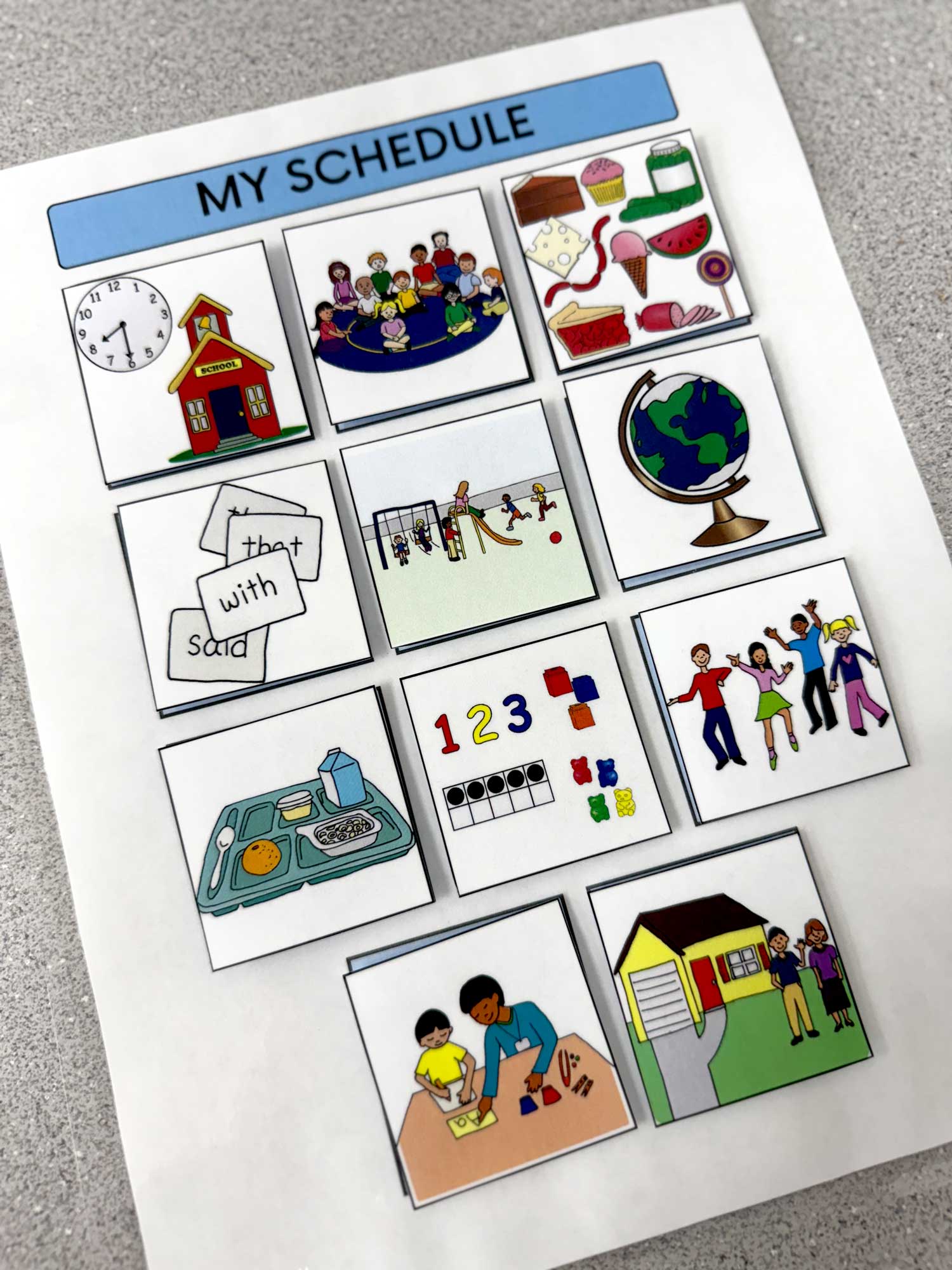
What Household Skills Are Taught Through ABA Therapy?
ABA equips children with structured chore routines through clear instructions, modeling and reinforcement. Parents and therapists teach simple meal preparation tasks—like snack assembly or utensil use—through repeated trials and visual supports. Room organization skills involve sorting, categorizing and following checklists to maintain a predictable environment. Consistent reinforcement and fading of prompts encourage the child to initiate chores independently. As these skills consolidate, children contribute meaningfully to family life and develop a sense of responsibility.
How Does ABA Support Community Living Skills Development?
Community living skills training immerses children in real-world scenarios, such as grocery shopping or bus travel. ABA teams design stepwise routines—identifying target items, navigating aisles, requesting assistance and handling money—with in situ reinforcement. Safety skills include stranger awareness, street crossing protocols and emergency responses. Practicing these elements under guided supervision ensures that children learn appropriate behaviors and coping strategies before generalizing to unstructured community settings.
How Are Social and Communication Skills Enhanced for Daily Life?
ABA interventions use naturalistic teaching to expand functional communication, teaching children to request help, label needs and engage in simple conversations. Social skills groups model turn-taking, sharing and play interaction under guided feedback. Role-playing scenarios like greeting a classmate or expressing feelings build repertoire. Positive reinforcement for appropriate social exchanges increases social confidence and peer inclusion. Overlearning and varied practice contexts ensure that communication skills persist across environments.
What Executive Functioning Skills Can ABA Therapy Improve?
Executive functioning targets—such as planning, organization and time management—are taught through structured routines and visual prompts. Practitioners introduce step-by-step planners for tasks like packing a school bag or following a weekly timetable. Children receive reinforcement for initiating plans, checking off completed steps and adjusting schedules independently. These strategies strengthen problem-solving skills and reduce anxiety around transitions, leading to smoother daily routines and enhanced self-regulation.
What Are the Step-by-Step ABA Strategies for Teaching Functional Living Skills?
A principled ABA framework combines task analysis, reinforcement systems and data-driven adjustments to teach functional living skills. This step-by-step methodology transforms complex tasks into manageable learning units and builds independence through systematic support fading. Families learn to monitor progress and adjust teaching strategies in collaboration with therapists, ensuring consistent skill generalization.
How Is Task Analysis Used to Break Down Complex Skills?
Task analysis deconstructs multi-step routines into elemental behaviors, allowing each action to be taught and reinforced separately. By focusing on discrete sub-tasks—such as zipping a coat or washing hands—a practitioner can shape performance incrementally. Progress data for each step guide prompt levels and reinforcement schedules. As mastery occurs, prompts are reduced until the child completes the entire sequence independently, laying the groundwork for fluid task execution.
| Technique | Purpose | Outcome |
|---|---|---|
| Task Analysis | Isolate routine components | Improved accuracy in multi-step tasks |
| Prompting | Provide assistance when needed | Gradual independence through faded support |
| Data Collection | Track performance on each step | Informed adjustments to teaching strategies |
What Role Does Positive Reinforcement Play in Skill Acquisition?
Positive reinforcement motivates children by pairing target behaviors with preferred outcomes. Reward systems may include tokens, social praise or access to favorite activities. Each correct response earns reinforcement that strengthens behavior frequency. Consistent, immediate reinforcement accelerates learning and builds a positive association with skill practice. Over time, extrinsic incentives shift toward natural rewards—like feeling capable—ensuring that learned skills maintain resilience beyond therapy.
- Using highly preferred items or activities immediately after correct responses
- Implementing token economies that exchange earned tokens for meaningful rewards
- Shifting to natural social praise as independence grows
These approaches maintain motivation and encourage long-term engagement in daily tasks.
How Can Parents and Caregivers Support Skill Development at Home?
Parents and caregivers reinforce therapeutic gains by embedding ABA techniques into daily routines. This includes:
- Consistent Prompting – Provide cues at structured moments and fade as competence increases
- Data Sharing – Record performance in simple charts to inform BCBA adjustments
- Visual Supports – Use schedules and checklists to guide independent task completion
When families practice strategies between sessions, children experience greater consistency and faster skill retention. Regular coaching from therapy teams ensures parents apply techniques effectively and confidently.
How Can Families Benefit from Parent Training and Support in ABA Therapy?
Parent training equips families with the knowledge and tools to reinforce functional living skills beyond scheduled sessions. By understanding behavioral principles, caregivers transform everyday interactions into teaching opportunities. This collaborative model strengthens family bonds, ensures consistent reinforcement and extends therapeutic progress across all environments, yielding more robust and durable outcomes.
What Does Parent Training Include in Functional Living Skills Programs?
In functional living skills modules, parent training covers: training new skills.
- Behavior management techniques for reducing challenging behaviors
- Instruction on implementing task analysis and prompting hierarchies
- Guidance for establishing and phasing out reinforcement systems
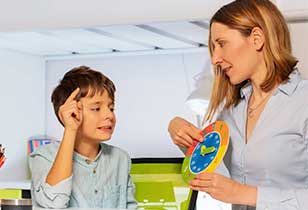
Through hands-on coaching, parents build confidence in using ABA strategies spontaneously throughout the day, reinforcing every step toward independence.
How Does Family Involvement Improve Long-Term Skill Retention?
When caregivers consistently apply ABA methods at home, children experience repeated learning trials and reinforcement, preventing skill regression. Family-led practice sessions extend therapy frequency, creating more learning opportunities. This continuity fosters generalization of behaviors across settings and solidifies routines. As families internalize teaching strategies, children encounter similar cues and rewards from multiple sources, strengthening memory and mastery of each skill.
What Resources and Support Does Mestre Behavior Provide to Families?
Mestre Behavior supports families through: programs
- Structured parent coaching sessions integrated into the Little Learners and After School Center programs
- Behavior assessment feedback and collaborative goal-setting with BCBAs
- Flexible delivery options, including home-based and school-based consultations
This comprehensive support framework ensures that families implement strategies effectively and sustain progress long after initial goals are met.
What Are Common Questions About ABA Therapy for Functional Living Skills?
Families frequently ask how ABA develops practical skills and what to expect in terms of duration, coverage and outcomes. By addressing adaptive skills definitions, treatment timelines and insurance considerations, caregivers gain clarity and confidence to pursue therapy. Understanding these common concerns reduces uncertainty and accelerates decision-making.
How Does ABA Therapy Help with Daily Living Skills?
ABA therapy enhances daily living skills by systematically teaching each component of a routine, using data to guide instruction and reinforcement. Children learn through repeated trials, immediate feedback and graduated support, which collectively shape reliable performance of self-care, household chores and community tasks.
What Are Adaptive Skills in ABA Therapy?
Adaptive skills refer to practical abilities for self-sufficiency, including personal hygiene, meal preparation, social interactions and problem-solving. In ABA, these skills are assessed, broken into discrete steps and taught through structured sessions that emphasize mastery and generalization.
What Are the Key Areas of ABA Therapy for Children?
ABA therapy for children with autism typically targets seven core areas:
- Communication and language development
- Social skills and peer interactions
- Self-care and functional living skills
- Behavior reduction strategies
- Executive functioning and organizational skills
- Play skills and leisure activities
This multi-domain approach ensures holistic growth.
How Long Does ABA Therapy Take to Develop Functional Skills?
The timeline for acquiring functional living skills varies with each child’s starting point and intensity of intervention but generally ranges from three to twelve months for core routines. Regular progress monitoring allows adjustments to teaching pace and supports efficient skill mastery.
Is ABA Therapy Covered by Insurance and What Are the Costs?
Many insurance plans cover ABA therapy services for autism, though coverage levels and out-of-pocket expenses differ by provider. Mestre Behavior accepts most insurance policies, ensuring families can access individualized programs without undue financial burden. Families consult with administrative staff to confirm benefits and plan accordingly.
Why Choose Mestre Behavior for Developing Functional Living Skills with ABA?
Mestre Behavior combines over sixteen years of clinical experience with a compassionate, evidence-based approach to help children with autism achieve real-life independence. By integrating rigorous assessment, personalized program design and family coaching, the organization delivers sustainable outcomes that translate into daily success.
What Makes Mestre Behavior’s ABA Programs Individualized and Effective?
Each ABA program is tailored to a child’s unique learning profile and skill deficits. Board Certified Behavior Analysts conduct thorough assessments to set precise, measurable goals and adjust teaching protocols continuously. This individualized focus ensures efficient progress and maximizes each child’s potential for independence.
How Does Mestre Behavior Ensure Compassionate and Evidence-Based Care?
Mestre Behavior’s team comprises experienced therapists and BCBAs who apply the latest research-backed strategies with empathy and respect. Real-time data collection guides decision-making, while supportive coaching emphasizes strengths and celebrates each achievement, cultivating trust and long-term engagement.
What Flexible Service Options Are Available for Families?
Families choose from: services
- Home-based ABA sessions for natural environment learning
- School-based support integrated with classroom routines
- After School Center programs offering targeted skill acquisition
- Parent coaching and remote consultations for ongoing guidance
How Does Mestre Behavior Support Skill Generalization and Long-Term Success?
Through multi-environment practice, consistent reinforcement systems and parent training, Mestre Behavior fosters seamless generalization of functional skills. Regular follow-up and booster sessions maintain progress and adapt goals as children grow, ensuring that independence evolves alongside each child’s emerging capabilities.
How Can You Get Started with ABA Therapy for Functional Living Skills at Mestre Behavior?
Embarking on an ABA journey begins with a comprehensive assessment and personalized plan. Families collaborate with BCBAs to identify priority skill areas, establish goals and design a program that aligns with the child’s strengths and family routines. Clear guidance on next steps empowers families to take confident action.
What Is the Initial Assessment and Program Development Process?
Initial assessment involves structured interviews, behavior observations and adaptive skills inventories to pinpoint learning targets. Based on assessment data, the BCBA designs a customized intervention plan, outlining goals, session frequency and teaching strategies. Families receive a detailed roadmap to guide each step of the process.
How to Schedule a Consultation or Contact Mestre Behavior?
Families reach out to Mestre Behavior’s administrative team to arrange a no-obligation consultation. During this conversation, caregivers discuss concerns, learn about program options and confirm insurance coverage. The team coordinates assessment scheduling and provides preparatory information for the first session.
What Should Families Expect During Early ABA Therapy Sessions?
Early sessions focus on relationship building, skill baseline assessment and introduction of simple task-analysis routines. Therapists model prompting techniques, establish reinforcement systems and coach parents in real time. These initial steps set the stage for rapid skill acquisition and collaborative progress monitoring.
Families who invest in ABA therapy for functional living skills with Mestre Behavior gain a trusted partner committed to their child’s growth. The structured, supportive approach ensures that every milestone achieved is a step toward genuine independence.
The journey to daily living independence begins with one decision: initiate a personalized ABA plan that empowers your child to thrive in all environments.
Ready to Empower Your Child with Functional Living Skills?
Contact Mestre Behavior today to schedule a consultation and discover how our individualized ABA programs can foster lasting independence and a higher quality of life for your child.

